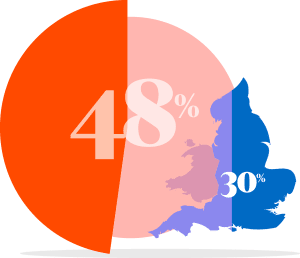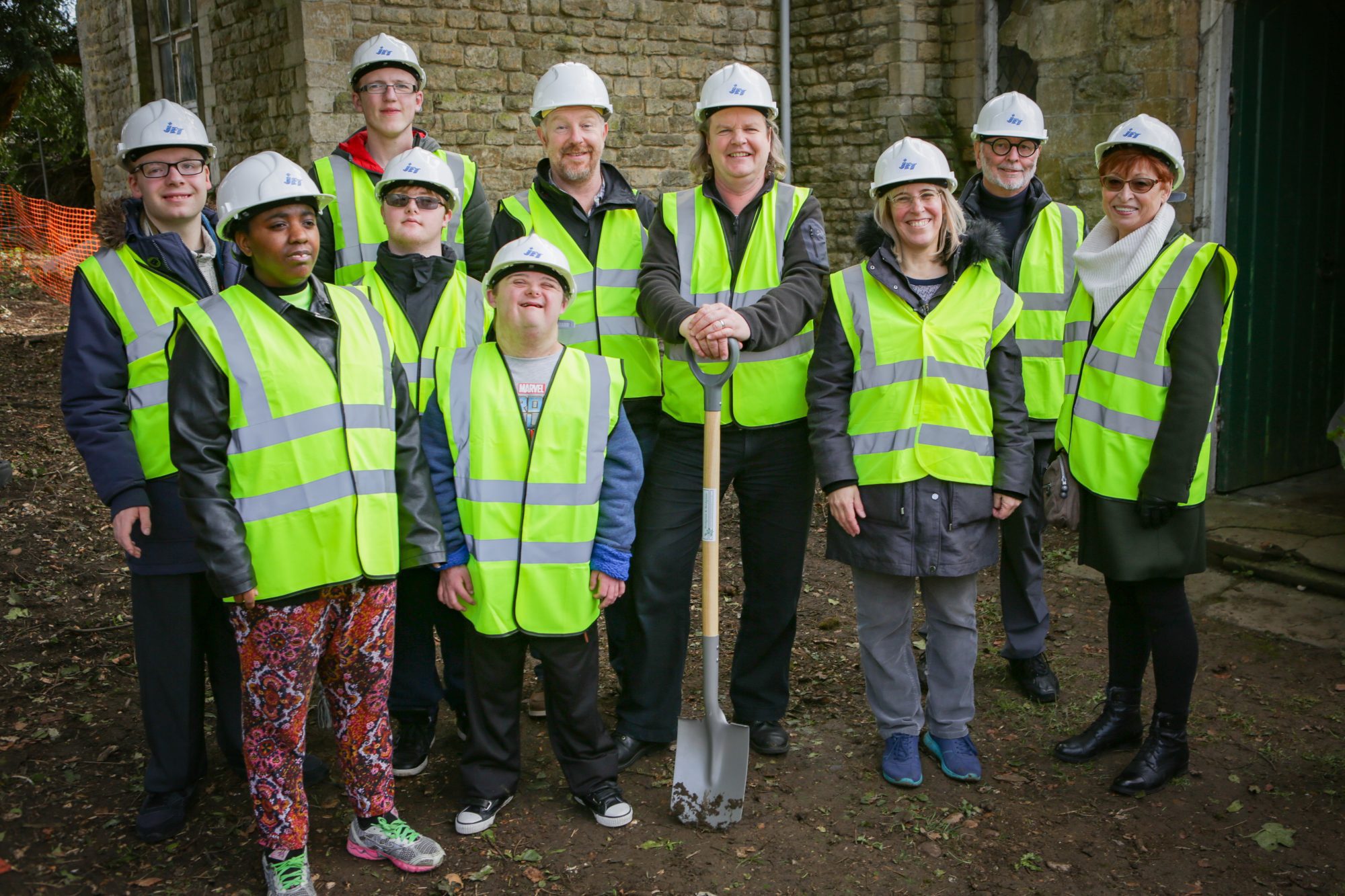
Chloe Nelson
Head of Impact and Learning
We have made significant investments in research and evaluation to build the evidence base about the impact of community businesses on places and the people who live there. However, we also need to measure our own impact, and learn about how we can best support community businesses to be most effective. Our Theory of Change sets out how our vision, mission, and values inform the changes we want to make. We’ve made a lot of progress but there’s still more for us to do.
More impactful and resilient community businesses
We’ve made a lot of progress in evidencing our impact. For example, in 2022, 97% of our grantees said that our support had a positive effect on their development.
“The grant and support has provided us with space, time and capacity to learn and develop as an organisation. It has connected us with experienced people and enabled us to develop better structures and systems.” Power to Change 2022 grantee

Each year, our annual Community Business Market survey also demonstrates the impact community businesses have. For example, despite the varied nature of their business activities, nearly all (over 97%) report making a positive impact on the inclusion, health, and wellbeing of local people, and the pride, cohesion, and empowerment of the wider community. As 48% of community businesses are based in the 30% most deprived areas, these benefits accrue to the people who need them most.
This research also tracks the financial resilience of community businesses, and whilst last year’s found that community businesses were weathering economic shocks well, we know that they are facing difficult times. As a result, our focus has been on incentivising trading through programmes like Community Business Trade Up, whilst also strengthening the financial capabilities of community businesses, and providing funding to our existing grantees to tackle the energy cost crisis and build climate solutions, so that they can address challenges long-term.
“The support enabled us to establish an invaluable new service within our centres which is now supporting nearly 1000 people through the cost of living crisis so it was hugely beneficial.” Power to Change 2022 grantee
A more diverse and equitable sector
From our grant practices, recruitment of staff, through to the language we use to describe the people we support, we have been actively working to become more diverse, equitable and inclusive. One crucial step we have taken is to get a wider picture and robust evidence base of the diversity of the community business sector including those we support and other organisations we work with. In 2022, we launched two key research projects. The first was to improve the data about the diversity of the sector and where our funding goes, so that we can interrogate our practices. This blog links to the findings and the full data set, and how we are taking it forwards.
We also commissioned Spark Insights, with Locality, to research and explore the experiences of community businesses and organisations led by and/or supporting people experiencing marginalisation, in terms of their barriers as well as potential solutions to accessing funding and support. This research gave us important and significant insight about how we, and others, can do better in removing barriers to supporting these community businesses. For example, One of the recommendations was for us to provide more grants to early stage organisations and look at being more flexible with our definition of ‘community’ and ‘locally-rooted’. Two of our funding programmes, Community Business Trade Up and Makers and Maintainers, part of our Community Tech offer, recently outlined how they addressed these and other recommendations directly by loosening our community business definition to include applicants showing the right ‘direction of travel’, targeting early stage organisations, simplifying applications, and providing flexible funding without asking grantees to commit to a delivery plan from the outset. This full report shares the findings.
Increasing funding and support for community businesses
We are committed to maximising our financial input by supporting community businesses to secure additional finance, and by co-funding alongside other funders and partners. We have distributed almost £105m in grants and provided over 5,400 days of support (with a total value over £2.5m) to community businesses. A recent analysis we conducted found that since 2015, £45m of Power to Change’s funding has contributed to bringing in an additional £209m into the community business sector. This has been in the form of additional grants, community shares, crowdfunding, government funds, refinanced debt, social investment and co-funding.2 This means that for every £1 invested by Power to Change, an additional £4.68 has been leveraged into the sector.
We have gained huge insight from working with and supporting community businesses, and our intention is always to be generous with this knowledge, sharing best practice and feeding insights into our policy development and advocacy work. For example, we worked with Government to introduce beneficial changes to the Community Ownership Fund, and influenced the shape of the UK Shared Prosperity Fund (UKSPF) to make it more accessible for community businesses. With partners, we secured Labour Party backing for our call for a Community Right to Buy, a powerful new right that would help communities to take ownership of important local assets.
Sharing our insight about how best to enable impact is crucial for community businesses to thrive. Not only do we want to see continued support for the sector, but this support must be delivered in the best way. We’ll continue to share insights from our experiences in supporting community businesses, so watch this space!
Stay up to date with our insights and research studies by signing up to our newsletter.
Image: Sister Midnight; a community owned music venue in Lewisham



